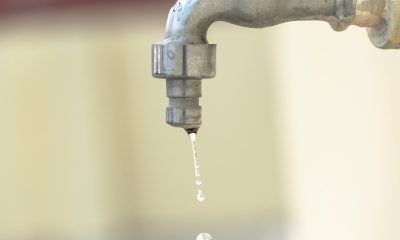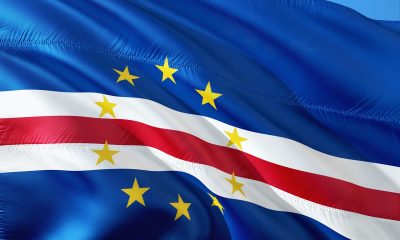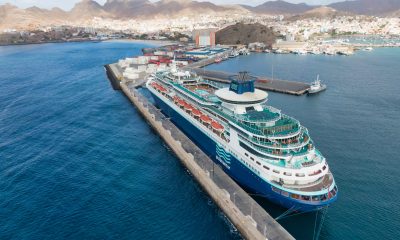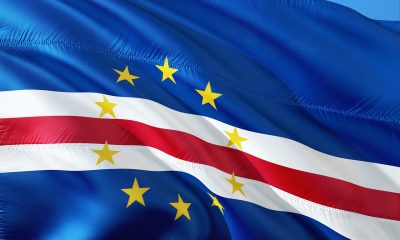Africa
Cape Verde PM Asks Banks to Change Perception of Financing in Agriculture and Fisheries
POSER was funded at a cost of $36.9M by the Government of Cape Verde, the International Fund for Agricultural Development (IFAD), the Spanish Trust Fund, and the beneficiaries themselves, aiming to promote employment and income opportunities for the most vulnerable rural population. The program also contributed to increased water and food security, increased social inclusion, and strengthened economic resilience.
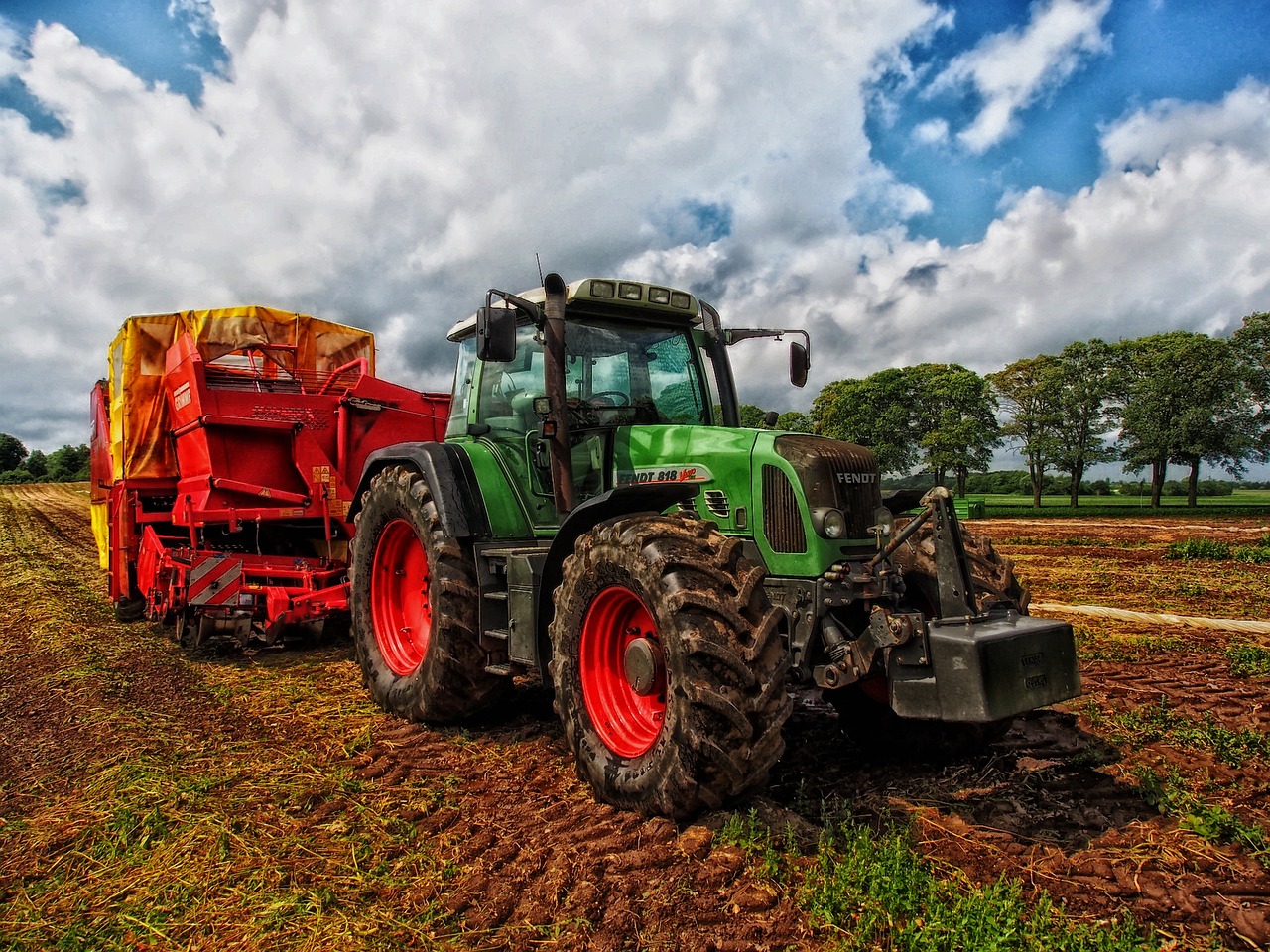
“There is a market perception, especially in the financial sector, regarding agriculture and fisheries, of high risk. There is objective data, yes, but there is a perception created over many years and we have to change this perception,” asked the head of government.
Speaking in the city of Praia, at the presentation of the Rural Socio-Economic Opportunities Promotion Program (POSER), Correia e Silva recalled that the Government of Cape Verde launched in March a program for young entrepreneurship with a credit line with subsidized interest rates and with a State guarantee that can reach 100%.
“But even so, its use has been relatively weak, because the banking system still has a perception of the high-risk sector,” the Prime Minister lamented, promising to work to “reduce” this level of risk.
“Because, in addition to what we receive as donations, we need, through financing from the system itself, from internal resources, to boost investments, namely young entrepreneurship in this sector, which has many advantages,” he continued.
The perspective, he said, is to bring young people into agriculture, fishing, and livestock, recalling that recent agribusiness, entrepreneurship, and business promotion fairs were held, in which most of the participants were young people.
Read more about the agriculture sector in Cape Verde and find the latest economic news of the day with the Born2Invest mobile app.
The goal, Correia e Silva continued, is to transform Cape Verde agriculture into a productive, market-oriented sector that produces more income and wealth
“With these challenges, we have the conditions to get good financing mechanisms,” he understood, saying that the country’s great challenge is climate and environmental financing.
Regarding POSER, he said that “it is already a brand” in the country, but considered that it still needs to be amplified, gaining more scale and dimension and with durable projects.
According to the data presented today, a third of rural families in Cape Verde have benefited from the program, representing almost 22 thousand people, six thousand more than the goal initially set.
“If today we are reaching 1,000 or 2,000 families, we have to reach 10,000, 20,000, 30,000, and then change the situation and then produce positive contagion for people to begin to change their perception of these important sectors, even the banking sector,” he insisted.
Correia e Silva also said that POSER is a program “very well integrated” into the Government’s objectives of reducing absolute poverty from 28% to 20% and eliminating extreme poverty by 2030.
“There is a lot of energy in this country, mainly from women and it has been a good experience to see in these hydro-agricultural projects a large majority of women, and young women making big bets and we need to put all these pieces together, put more energy, amplify the impacts. We still have a very large field for development”, he outlined.
POSER was funded at a cost of $36.9 million (34.4 million euros) by the Government of Cape Verde, the International Fund for Agricultural Development (IFAD), the Spanish Trust Fund, and the beneficiaries themselves, aiming to promote employment and income opportunities for the most vulnerable rural population.
The program had three pillars, namely the empowerment and training of rural populations, especially female heads of households and young people, the focus on income-generating activities, and the facilitation of access to micro-credit.
Through the program, more than 8,200 cubic meters of water were mobilized, 55 points for its distribution were created, the Água de Rega company was created, there was a 55% increase in the productivity and income of local farmers, and a total of 3,434 heads of households were employed in conservation, agriculture, livestock, and fishing.
Contribution to energy transition and mitigation of greenhouse gas emissions and reinforcement in the use of photovoltaic energy in rural areas for water mobilization were other results achieved.
The program also contributed to increased water and food security, increased social inclusion and strengthened economic resilience, more efficient and sustainable use of natural resources, innovative and sustainable solutions for water management in agriculture, improved living conditions for rural communities, increased agricultural production, and greater use of renewable energy.
__
(Featured image by 12019 via Pixabay)
DISCLAIMER: This article was written by a third party contributor and does not reflect the opinion of Born2Invest, its management, staff or its associates. Please review our disclaimer for more information.
This article may include forward-looking statements. These forward-looking statements generally are identified by the words “believe,” “project,” “estimate,” “become,” “plan,” “will,” and similar expressions. These forward-looking statements involve known and unknown risks as well as uncertainties, including those discussed in the following cautionary statements and elsewhere in this article and on this site. Although the Company may believe that its expectations are based on reasonable assumptions, the actual results that the Company may achieve may differ materially from any forward-looking statements, which reflect the opinions of the management of the Company only as of the date hereof. Additionally, please make sure to read these important disclosures.
First published in Africa 21 Digital, a third-party contributor translated and adapted the article from the original. In case of discrepancy, the original will prevail.
Although we made reasonable efforts to provide accurate translations, some parts may be incorrect. Born2Invest assumes no responsibility for errors, omissions or ambiguities in the translations provided on this website. Any person or entity relying on translated content does so at their own risk. Born2Invest is not responsible for losses caused by such reliance on the accuracy or reliability of translated information. If you wish to report an error or inaccuracy in the translation, we encourage you to contact us.

-

 Markets1 week ago
Markets1 week agoCocoa Prices Drop Amid Speculative Selling and West African Supply Concerns
-

 Cannabis7 days ago
Cannabis7 days agoIs Aurora Cannabis Stock a Risk Worth Taking?
-

 Impact Investing2 weeks ago
Impact Investing2 weeks agoEU Eases CO2 Tax Burden on SMEs with Revised CBAM Rules
-

 Fintech2 days ago
Fintech2 days agoRobinhood Expands to Europe with Tokenized Stocks and Perpetual Futures


